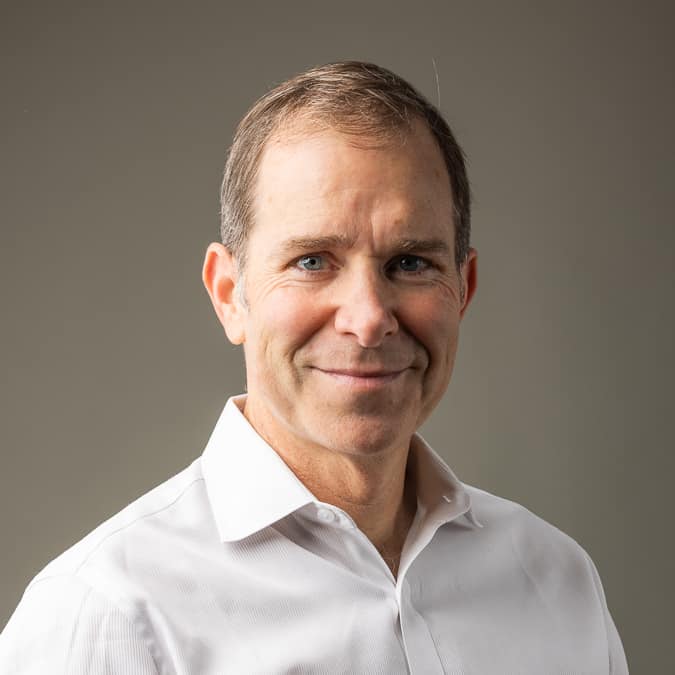
Q&A with Grow-NY Judge Matthew Sade
The Grow-NY competition fosters innovation and growth in the food and agriculture industry, attracting applicants from around the globe. Every year, 20 finalists pitch their startups to a panel of expert judges with the hope of being selected as a winner and receiving a share of $3 million in prize money, including a top award of $1 million. We sat down with one of our newest judges, Matthew Sade, to learn more about his work and what he is looking forward to at this year’s competition.
Sade has spent over 25 years building disruptive companies focused on mitigating climate change and improving human health. Currently a venture partner at Astanor Ventures, he has served as the CEO and board director of plant-based dairy company Kite Hill, CMO of Impossible Foods, and founder and CEO of True Story/Fork in the Road Foods, a pioneering, sustainable meat company. Sade is also a founding board director of Naturally Bay Area, a non-profit corporation built to connect entrepreneurs, investors, and corporate innovators in the food and natural products community.
Sade received a Bachelor of Arts in English Literature from Tulane and an MBA from the Cornell Johnson Graduate School of Management. He is the co-founder of Yu Ming Charter School, a Mandarin immersion program that has been profiled in The Wall Street Journal and The New Yorker.
Questions: What makes the Grow-NY region an excellent place for startups working in food and ag to set up operations?
The Grow-NY region has all the essential elements of an ideal early-stage food and ag ecosystem: One of the largest integrated agricultural industries in the country, world class research and development at Cornell, a range of manufacturing capacities, and a wealth of technology and business expertise that all can be easily accessed by its entrepreneurs. Throw in a dash of the New York can-do attitude and anything is possible.
Question: What advice do you have for food and ag innovators launching their businesses?
Despite the overwhelming need for innovation in the food and ag industry, the bar has never been higher for new companies. Novel technologies are increasingly difficult to develop and commercialize. The timelines are long, and the capital requirements to manufacture and pioneer the marketplace are greater. Before launching into a new business, make sure that you understand both sides of the business: The innovation or technology that you are developing into a product on the one hand and a well-thought out and realistic go-to-market plan on the other. Too many times does a team favor one side or the other of the equation. Successful teams and companies must do both with excellence.
Question: Why did you agree to become a Grow-NY judge?
I’ve spent almost three decades as an operator in emerging ag and food companies and the past few years as an investor. During this time, I’ve mentored numerous early-stage companies. I find that sharing my experiences and insights with these young organizations often saves them scarce money, time, and energy. Being a judge is a way to give feedback to companies attempting to build the ag/food system in the Grow-NY area. It’s also a means for me to give back to Cornell, a school that has given so much to me and my family.
Question: What trends in food and ag innovation most excite you, as a thought leader and an investor?
A few key themes that continue to both challenge and excite me is the growing attention given to regenerative agriculture, a way to nurture our environment while still feeding a growing population. On the food side, I always look forward to tasting the latest generation of plant-based food products, especially those that actually deliver a great consumer experience. Finally, I am very interested in the emerging area of “food as medicine,” and, more specifically, using food coupled with technology to positively affect human health outcomes.


